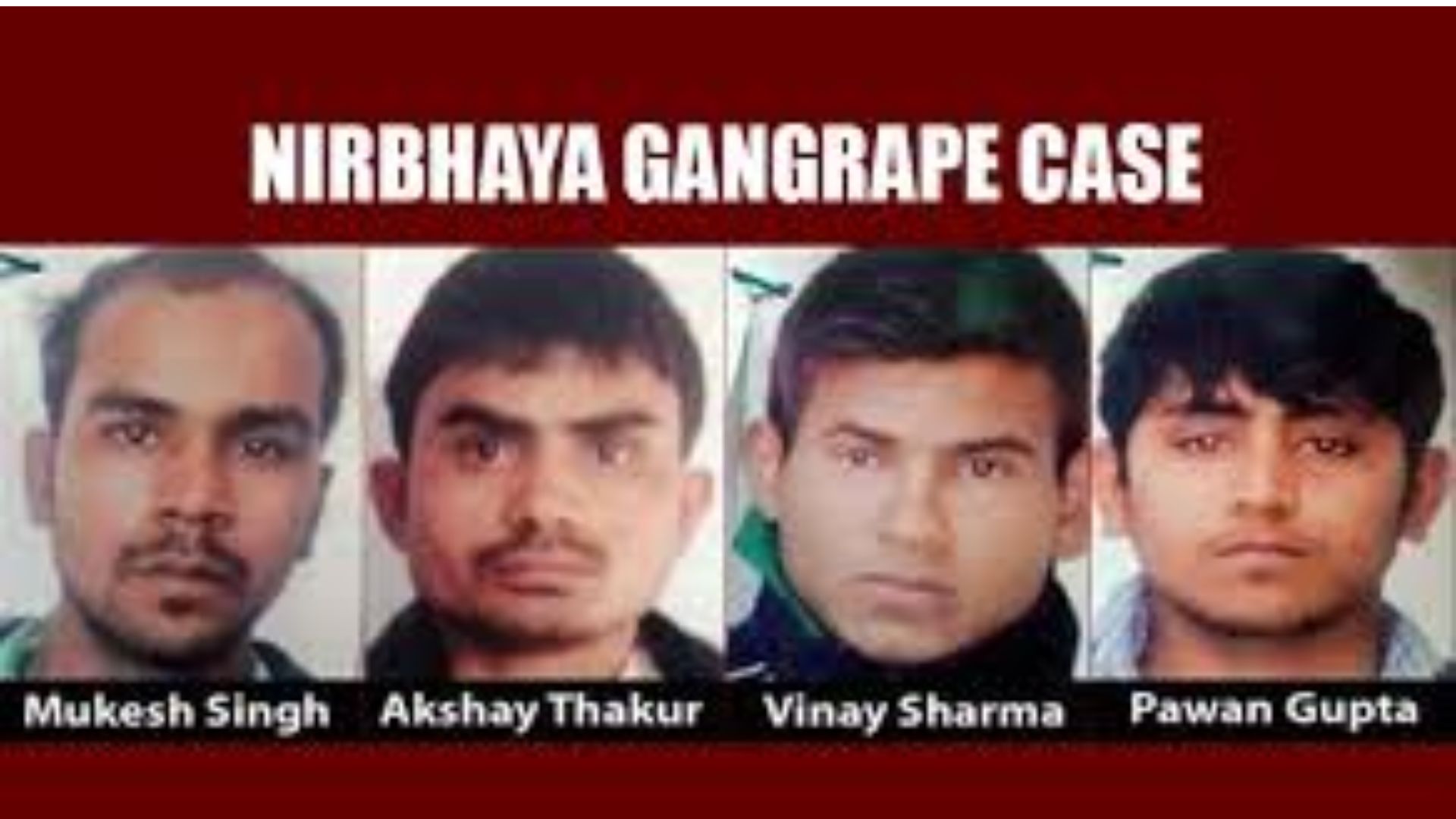March 20 marks a significant historical moment in the context of the Nirbhaya case, a pivotal event in India’s legal annals. It was on this date in 2020 when four individuals convicted for the brutal gang rape and murder of a young woman on December 16, 2012, faced execution.
Seven years following the harrowing assault on a young medical student who was gang-raped and subjected to torture aboard a moving bus in Delhi, India witnessed the execution of four perpetrators—Akshay Thakur, 31, Pawan Gupta, 25, Vinay Sharma, 26, and Mukesh Singh, 32—at 5:30 am on March 20, 2020.
This abhorrent act reverberated across the nation, igniting widespread indignation and catalyzing substantial legal reforms and societal dialogues concerning women’s safety and gender-based violence.
The victim, known as Nirbhaya (meaning “fearless”), emerged as a beacon of bravery and fortitude in the wake of unimaginable brutality. Her tragic ordeal spurred nationwide protests, demanding justice and systemic changes to thwart similar atrocities in the future.
After protracted legal proceedings and appeals, the Supreme Court of India upheld the death penalty for the perpetrators. The execution of the four convicts on March 20, 2020, marked the culmination of an extensive and arduous quest for justice, offering a semblance of closure to the victim’s kin and broadcasting a resolute message regarding the gravity of crimes against women.
The Nirbhaya case remains a solemn reminder of the pressing imperative to combat gender-based violence and safeguard the well-being of women in society. It sparked crucial dialogues about gender equality, law enforcement, and the imperative for cultural and societal transformations to root out violence against women. March 20 serves as a poignant memorial, underscoring both the tragedy endured and the collective resolve to forge a safer and more just society for all.





















